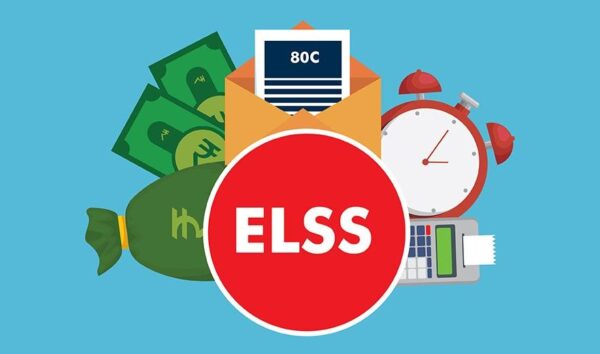Equity Linked Saving Schemes or ELSS funds remain one of the most attractive tax-saving instruments, offering a range of benefits. While equity investing does come with risks, ELSS funds can yield superior inflation-beating returns over the long run. Below are some reasons to opt for ELSS funds this year.
Get tax benefits under Section 80C
ELSS or Equity Linked Saving Schemes continue to offer tax benefits up to Rs 1.5 lakh under Section 80C of the Income Tax Act. For the 2022-23 tax year, if you invest Rs 1.5 lakh in ELSS funds, you can save up to Rs 45,000 in taxes for the year. The tax saving potential itself makes ELSS funds highly attractive for investors in the 30% tax bracket.
Potential for high returns
ELSS funds invest at least 80% of their corpus in equity and equity-oriented instruments. Equity exposure allows ELSS funds to potentially generate inflation-beating returns over the long run. Over the 10–15-year period ending 2023, many ELSS funds have delivered 12-15% annualized returns, higher than other tax-saving instruments like PPF, NPS, etc. While past performance is no guarantee of future returns, the equity orientation of ELSS funds positions them well to potentially earn superior returns in the coming years too.
Convenience of investing through SIPs
ELSS funds can be invested in through Systematic Investment Plans or SIPs, starting from Rs 500 per month. Investing small amounts regularly is a convenient way for most savers to invest in the equity market. Such SIP investments also help in rupee cost averaging by investing a fixed amount at regular intervals when the NAVs are higher and lower. Historically, investing in equity funds through SIPs has yielded good returns over long time periods.
Three-year lock-in only
ELSS funds come with one of the shortest lock-in periods of just 3 years. While your money is locked in for 3 years, it is still quite reasonable compared to other tax-saving avenues like PPF which have a lock-in of 15 years. The shorter lock-in period gives you flexibility to withdraw funds if needed to meet any short-term goals. However, the ideal investment horizon for equity funds remains long-term i.e., 7-10 years to optimize returns.
Professional fund management
ELSS funds are managed by professional fund managers. They are well-trained to properly manage an equity fund and make prudent investment decisions to optimize returns based on thorough research. For most investors, it is best to leverage the expertise of fund managers to make better investment choices rather than investing directly in stocks.
Bottomline
ELSS funds remain a compelling tax-saving avenue for investors in 2023 due to benefits like tax saving, growth potential, SIP facility and professional management. If you are looking for an efficient tax-saving instrument this year, consider investing in ELSS funds to optimize your returns and also save more taxes.

